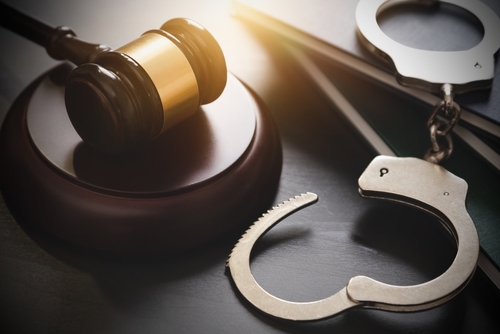
What will happen at the police station?
You will be asked questions, but you don’t need to answer.
Upon arriving at the police station, remember that you have a right to remain silent. Be polite and answer questions, but do not incriminate yourself. Assert your right to an attorney and do not answer any questions until you are with one. This is important. Give your name, address, phone number, date of birth, and social security number. That is it.
You will be asked to take a chemical BAC test.
By law, you do not have to take this chemical test, but you face harsher penalties if you do not do so. If it is your first offense they cannot force you to take this urine or blood test. But you should cooperate with them in order to avoid the harsher penalties.
Will you go to jail?
You can go to jail, however, you probably won’t. The statute states that there is a three-day requirement in either jail or an intervention program. This does not mean that you are serving a sentence, nor is it punishment for the DUI charge itself. It is an evaluation for what the treatment will be if and when there is treatment.
To read more about this please check out our FAQ post, “Can I go to jail after my first DUI arrest?”
Upon your release…
Take notes about everything you remember happening. Think about where you were, what you were doing, and how much you had to drink. Think about the police officer’s conduct. Think about how long it was after your last drink that you took the chemical test.
Be sure to remain in contact with your DUI attorney.
learn about the possible consequences of a DUI
ATTORNEY KELLY FARRISH
Kelly Farrish always knew he wanted to be an attorney, but he the path he took to get there isn’t like most. He served five years in the United States Air Force and did two voluntary years in South Vietnam. When he returned to Cincinnati, he worked the midnight shift as a technician at Cincinnati Bell, all the while attending college full time year round for three years. He graduated Cum Laude from the University of Cincinnati. [ ATTORNEY BIO ]








